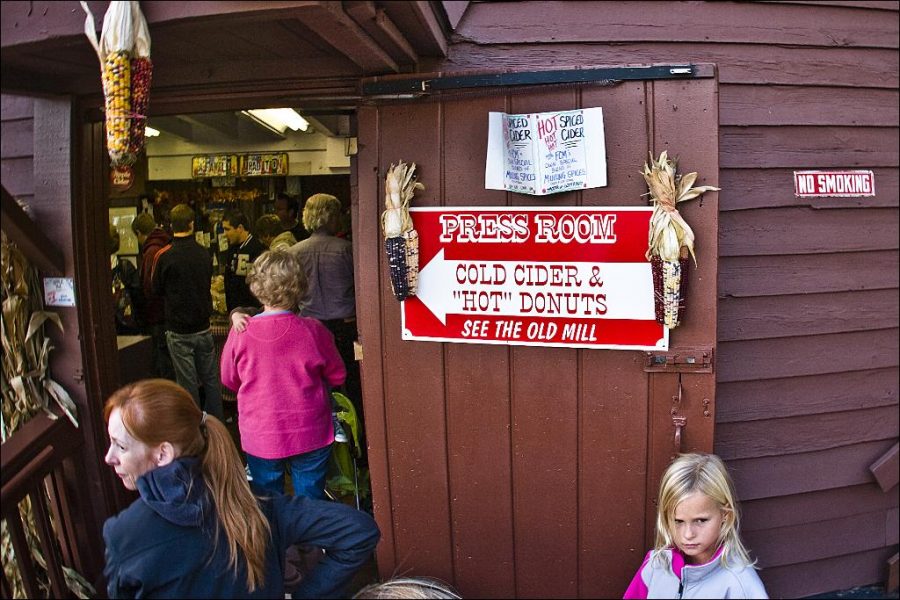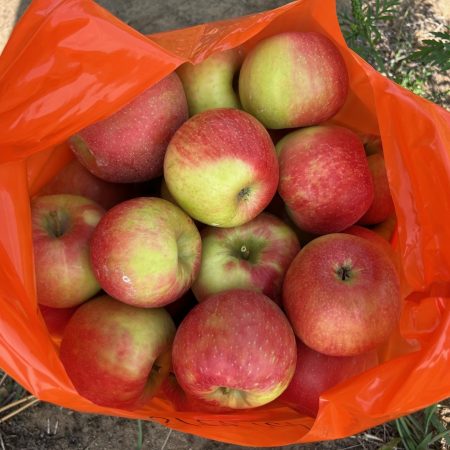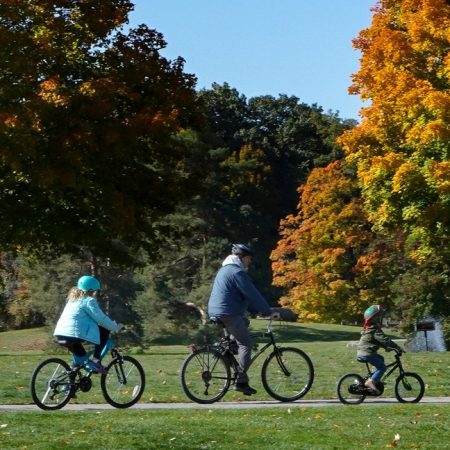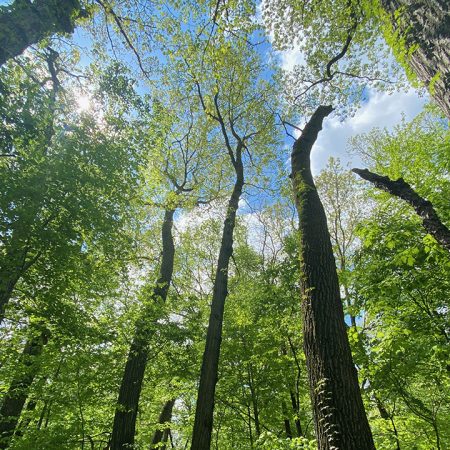Detroit Evening Report: MSP reminds residents to sign up for emergency alerts; Detroit PAL’s Thanksgiving drive + more
Tonight on The Detroit Evening Report, we cover Michigan State Police’s new campaign to encourage residents to sign up for emergency alerts; Detroit PAL’s annual Thanksgiving Food Drive and more.
Subscribe to the Detroit Evening Report on Apple Podcasts, Spotify, NPR.org or wherever you get your podcasts.
MSP launches ‘Know Your Plan. Be Alert’ campaign
The Michigan State Police has launched the “Know Your Plan. Be Alert.” campaign, encouraging residents to sign up for alerts to stay informed during emergencies. Alerts would send information during severe weather, active shooter incidents, missing or endangered individuals and more. For more information or to sign up for alerts visit michigan.gov/miready and click on local alerts.
State holds hearing on child care licensing rule changes
The state is updating its child care licensing requirements and wants to hear from residents. The proposed rules would tighten regulations on drinking water and add standards for outdoor nature-based childcare centers. They would also make it easier for teachers to qualify for a job at a childcare center. The state held a public hearing on the changes in Lansing on Tuesday. People can submit questions or comments on the changes by mail or email until 5 p.m. Friday, Nov. 22.
Cycling at the Velodrome
The Lexus Velodrome and Detroit Parks and Recreation are teaming up to offer an indoor cycling program for youth ages 13-17. The six-week program will be held on Tuesdays and Wednesdays starting on Jan. 7 and running through Feb. 11. Youth will learn the fundamentals of indoor track cycling from experienced competitors and coaches. Registration is open now and costs $10. For more information about this and other Parks and Recreation sports programs, visit dprdathletics.com.
Detroit PAL hosting Thanksgiving Food Drive
Detroit PAL is partnering with APEX Leadership Academy and the Detroit NFL Former Players Chapter to offer thanksgiving meals to 500 families next week. Turkeys, dressing, cornbread, cranberry sauce and more will be distributed from 10 a.m.-noon on Tuesday, Nov. 26, at Detroit PAL’s headquarters, 1680 Michigan Ave., Detroit.
Do you have a community story we should tell? Let us know in an email at detroiteveningreport@wdet.org.
Trusted, accurate, up-to-date.
WDET strives to make our journalism accessible to everyone. As a public media institution, we maintain our journalistic integrity through independent support from readers like you. If you value WDET as your source of news, music and conversation, please make a gift today.
The post Detroit Evening Report: MSP reminds residents to sign up for emergency alerts; Detroit PAL’s Thanksgiving drive + more appeared first on WDET 101.9 FM.






